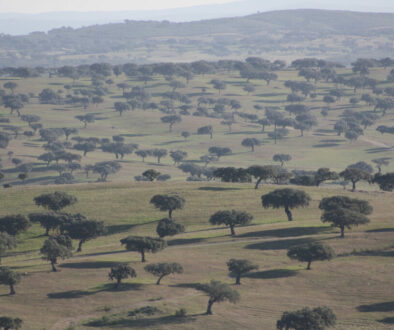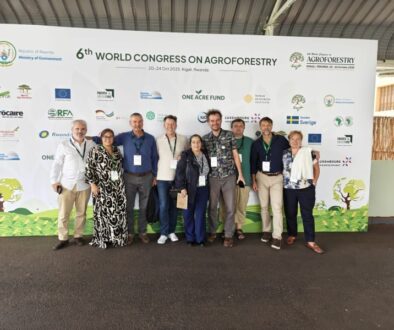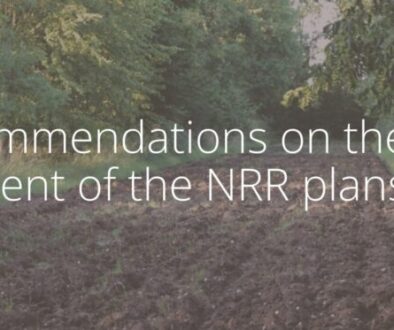Symposium: Produce the future. For a horticultural sector that is a source of resilience
Earlier in mid-February, the Association for the promotion of agroforestry in Wallonia and Brussels (l’Association pour la promotion de l’agroforesterie en Wallonie et à Bruxelles – AWAF) joined a symposium held in Brussels entitled “Produce the future. For a horticultural sector that is a source of resilience”. Those two days were a great opportunity to discuss nature-based solutions to adapt our territories to the growing environmental issues. New ways of planning and managing the territories are indeed needed in order to mitigate the impacts of climate change and to preserve biodiversity, soil and water resources.
At the heart of those questions: seedlings of course! Herbaceous and ligneous plants, wild and horticultural, native and exotic, are the whole range of plants that are needed to help the cities and territories to be more resilient.
However, those developing needs raise numerous questions for the practitioners but also for the producers of plants. How to foresee the evolution of the demand, how to balance the use of native and non-native plants in the context of such diverse use and environmental changes, how to establish a dialogue between the needs on the ground and the realities of the tree nurserymen… ? Addressing those questions is necessary to guarantee sustainable and relevant revegetation in the face of environmental issues.
Amongst those two days of discussions, AWAF tried to shed light on the current need for plants and seedlings. We discussed about the different types of public (farmers, private and public actors in the field of land use planning, architecture, urban planning, citizens, and local authorities…) involved in plantations both in rural and urban areas, as well as the main objectives and characteristics of those publics and why knowing and understanding those publics is important for the tree producer.
Additionally, we exposed some of the most prominent questions producers may face when considering starting such an activity: what is expected from the clients, how to deal with the necessary diversity of plants to produce, and how to choose between native and non-native plants.
The symposium was also a great opportunity to promote international connections. Most notably, representatives of the French label “Végétal local” (label guaranteeing locally collected wild plants) came to Brussels to share their experience on what is a hot topic in Belgium.
All the presentations will soon be available (in French) at the following address :


